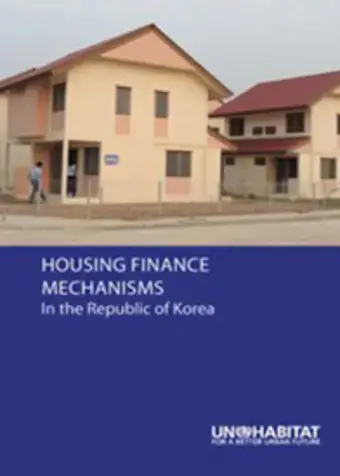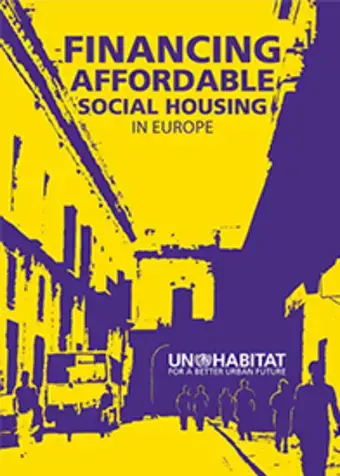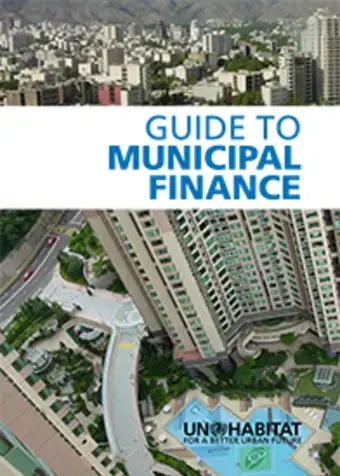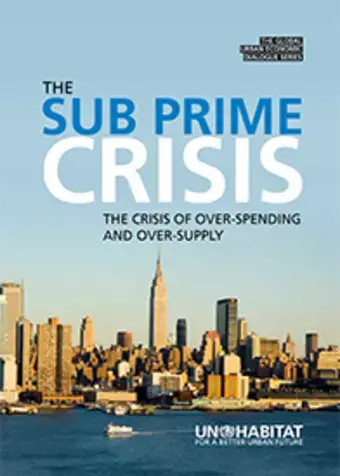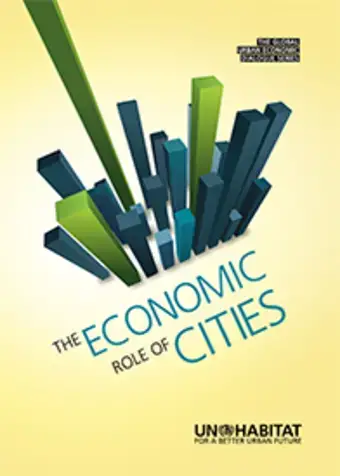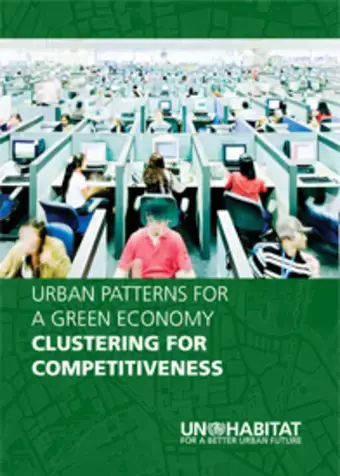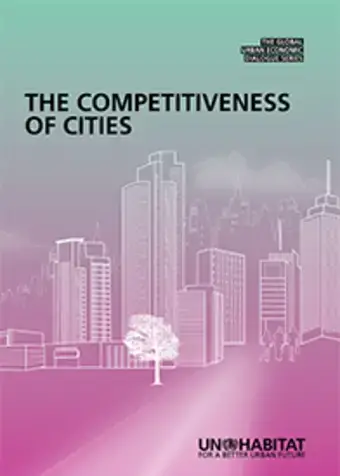 This discussion paper examines the enormous potential of fiscal restructuring at the local level in achieving inclusive economic and social development. The paper looks at Kiambu County, a rapidly growing and urbanizing part of metropolitan Nairobi.
This discussion paper examines the enormous potential of fiscal restructuring at the local level in achieving inclusive economic and social development. The paper looks at Kiambu County, a rapidly growing and urbanizing part of metropolitan Nairobi.
53 UN-Habitat Model Projects 2013/2014 , Time to Think Urban
 The efforts of UN-Habitat have been focused on building a brighter future for developing cities, which are most in need of support in guiding the process of urbanization. This catalogue of projects centres on three fundamental generators of wealth and employment in cities: planning and urban design, urban law and urban economy.
The efforts of UN-Habitat have been focused on building a brighter future for developing cities, which are most in need of support in guiding the process of urbanization. This catalogue of projects centres on three fundamental generators of wealth and employment in cities: planning and urban design, urban law and urban economy.

